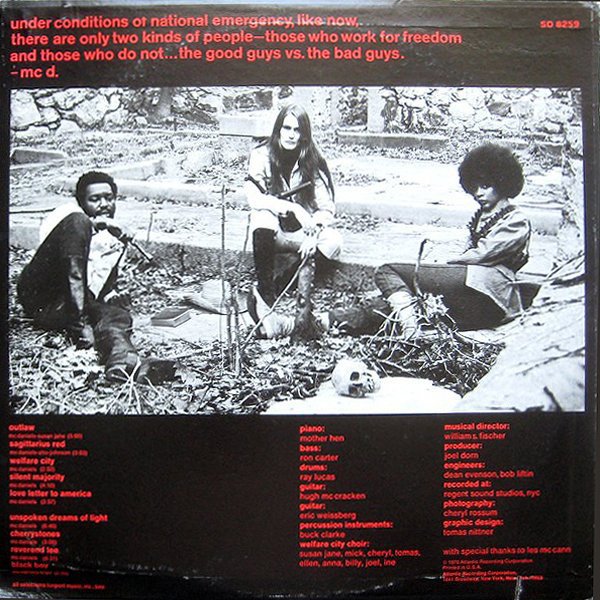
About.
“[Music] isn’t just notes. Every note has a social meaning. I’m singing my mother’s knowledge of the plants that grew around her…playing should be informed by history. We should not be afraid to say that the revolution is not over, and refining our music is part of that revolution.”
Zim Ngqawana in Gamedze, 2018
The words of South African flautist and saxophonist, Zim Ngqawana, encapsulate the different terrains of knowledge, ideology, revolution and musical aesthetic we will traverse on this course. We will connect constellations of notes together to deconstruct and better understand the role music has always already played in the world. We will sit in the spaces between the notes, unfolding the conditions of joy, pain, oppression, resistance, pleasure and embodied imagination which enabled the creation of transformative musical cultures. By weaving critical race theory, feminist thought, (de)coloniality and queer theory together, we will prise open the different narratives global musical cultures hold.
This course provides an introduction into the ways in which music, race and revolutionary praxis rub up against each other. We will be looking at the different ways in which musical cultures not only create the soundscape for revolution but are an tangible and integral part of the cultural fact of liberation. The role of the course is not to provide an exhaustive list of the ways musicians have engaged with cultures of resistance, but more to tease out the layers of racialised, gendered, sexualised and colonial discourses embedded in the music itself. Looking at music as an ever-expanding archive of histories of race, sexuality, gender, class, colonialism, we will look at what music does in the face of oppression, how it functions as a contested site where different norms may be challenged and the transformative role it plays in creating other worlds.
The course is designed for anyone who has an interest in grappling with the role culture plays in mapping out different anti-racist, feminist and liberation discourses. Whether you have experience in critical race theory, cultural and gender studies is irrelevant, all that is required is an inquisitive, engaged and critical mind. This course will be of particular interest to those who are keen to use music and its attendant cultural texts, as a site, through which to explore ideas of race, gender, colonialism, healing and justice.
